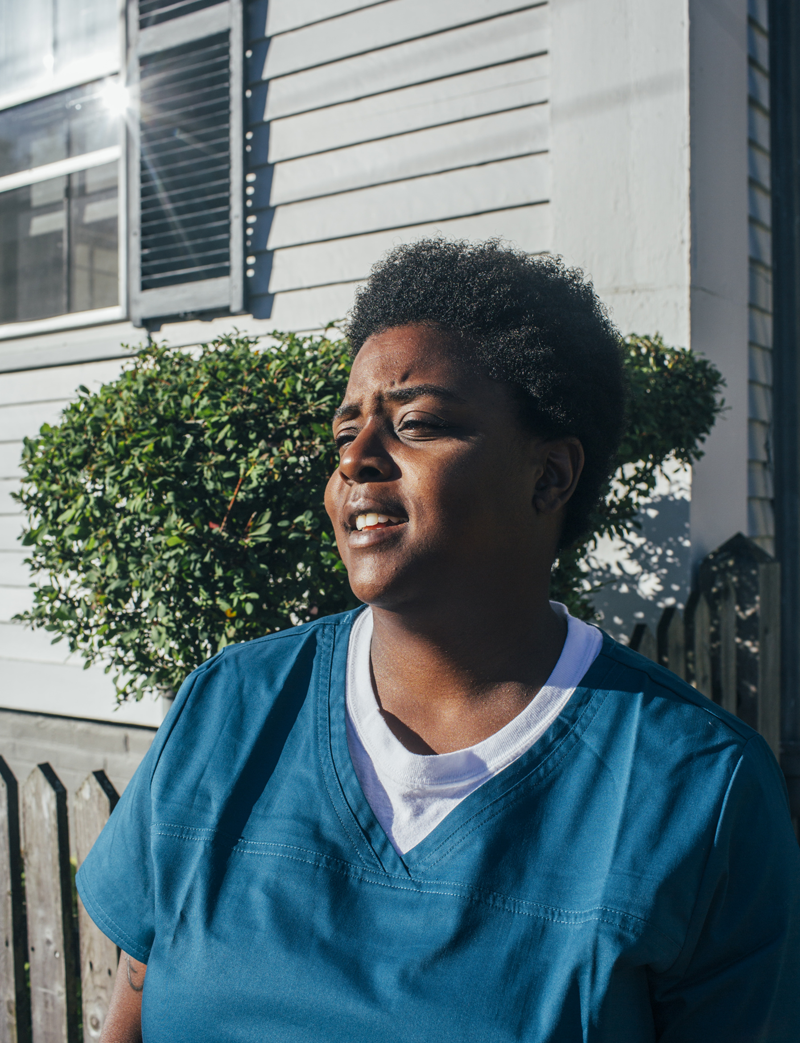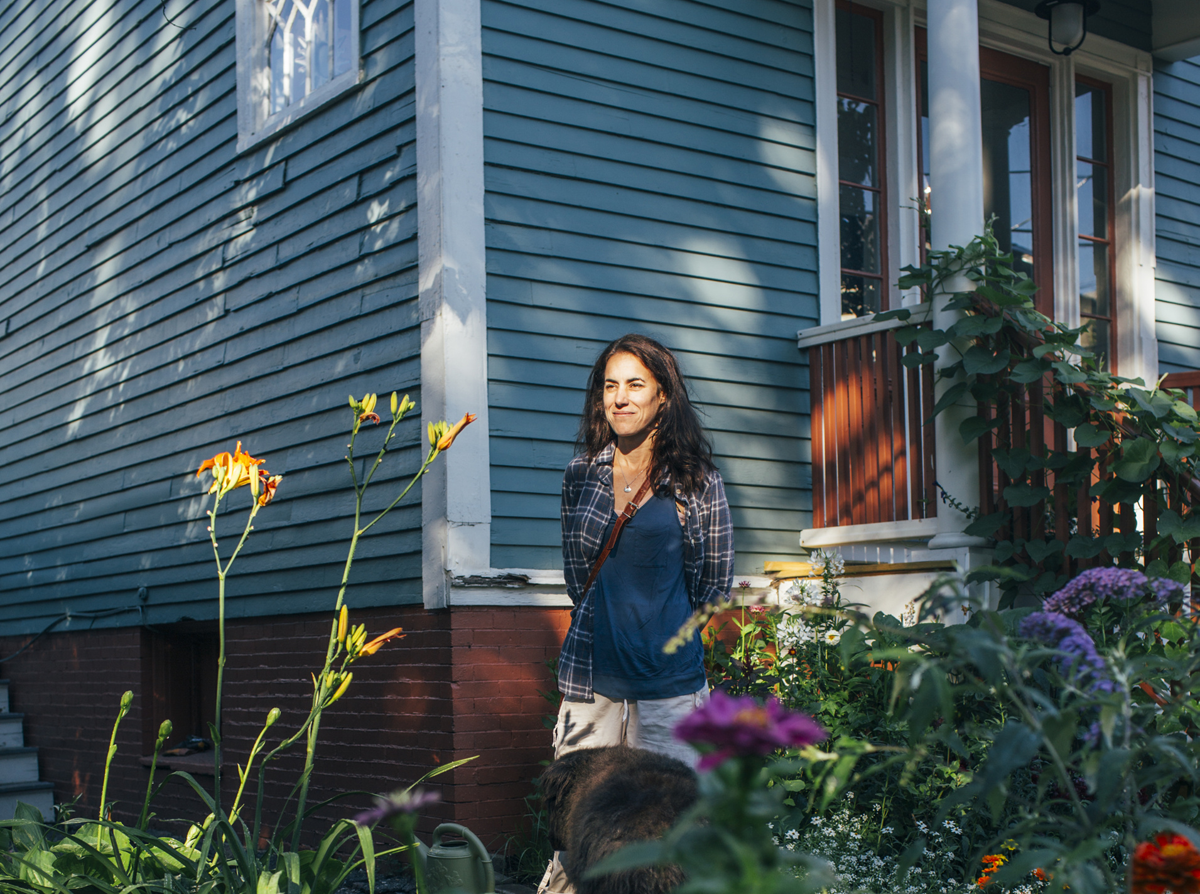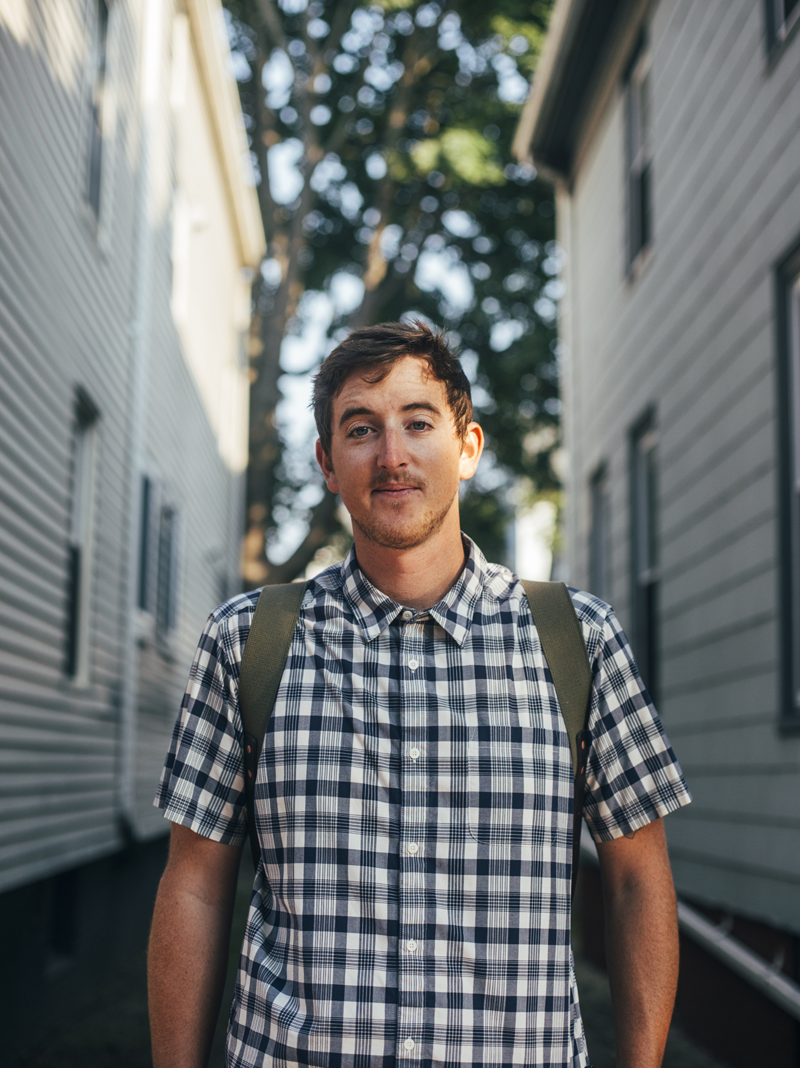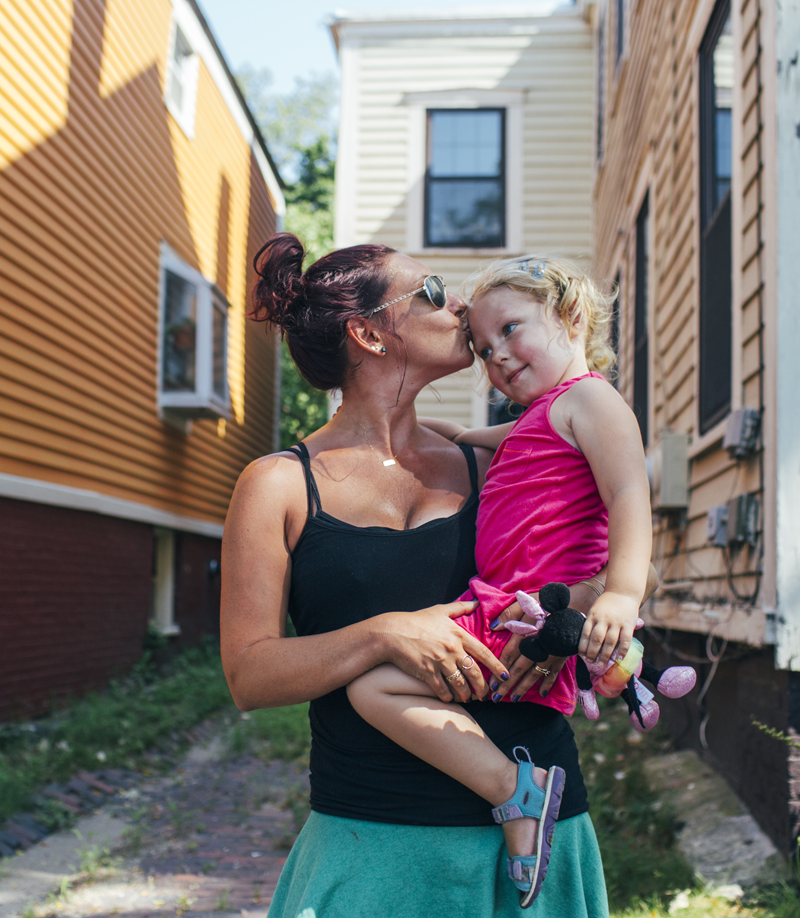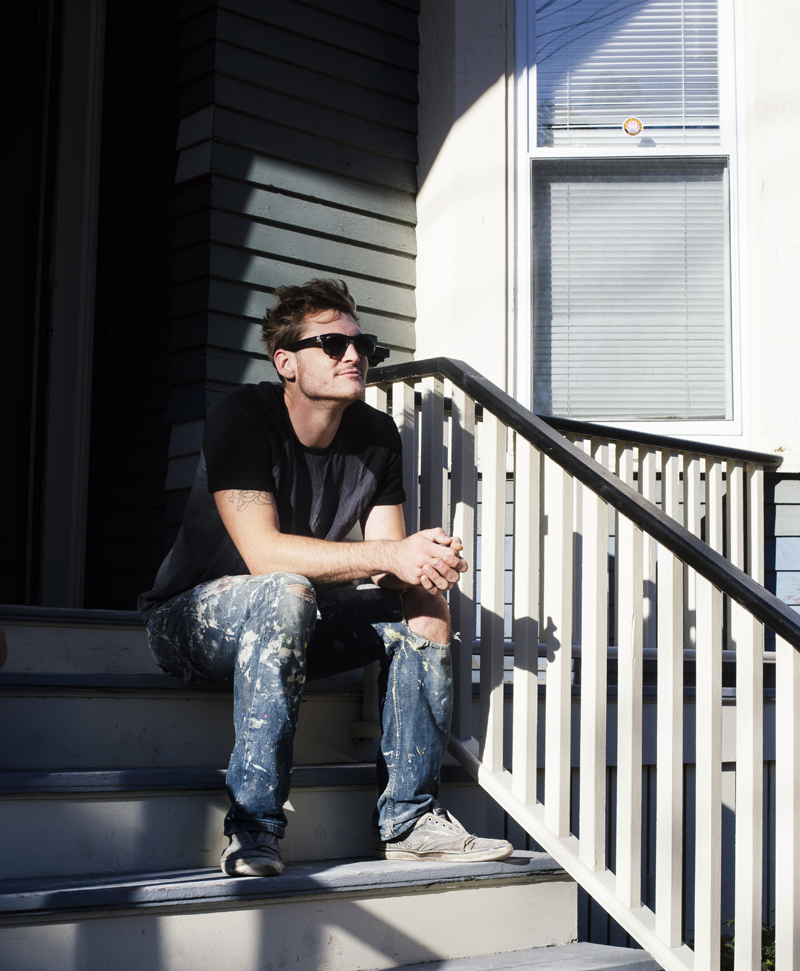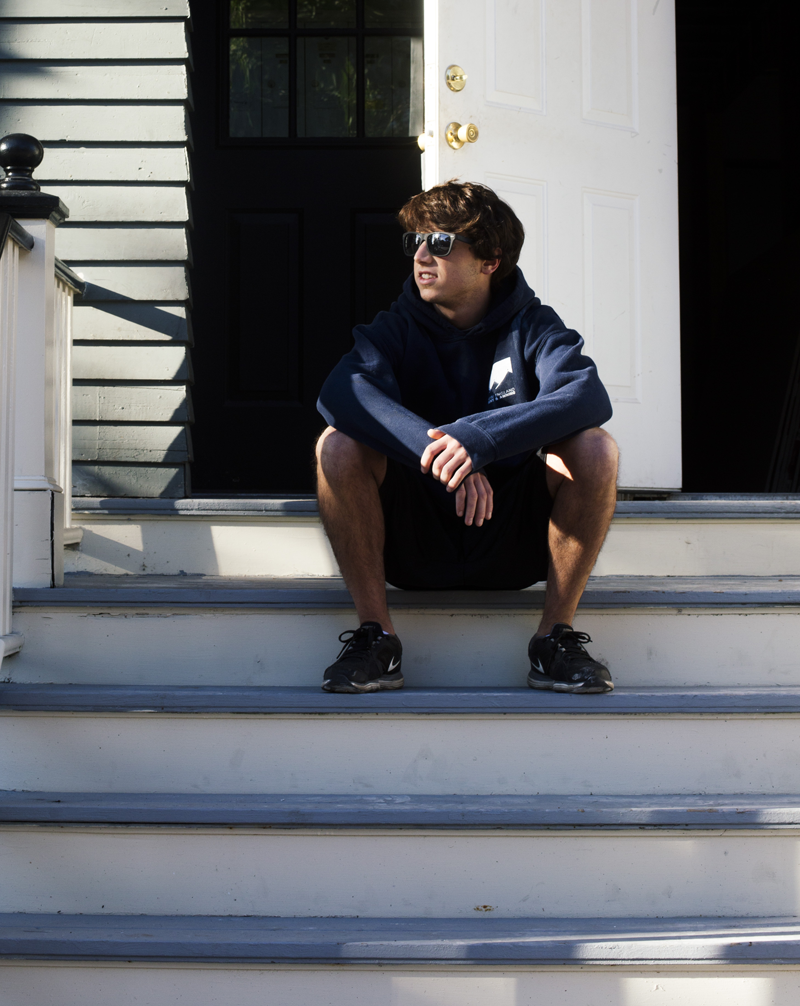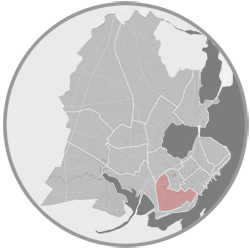 The West End has a reputation among those who don’t live there as Portland’s most affluent neighborhood.
The West End has a reputation among those who don’t live there as Portland’s most affluent neighborhood.
But to those who do, it’s really two different neighborhoods.
At one extreme, the West End is known for its row of multimillion-dollar mansions lining the scenic Western Promenade.
At the other extreme, it has a dense concentration of low-income public housing and subsidized rental units on stretches of Danforth and Salem streets.
“I think it’s an old stereotype,” said Ian Jacob, president of the West End Neighborhood Association. “The East End was always the working class, and the West End was always the more affluent. That is because the Western Promenade is so picturesque.”
Beyond its mansions and its public housing projects, however, the neighborhood is primarily defined by its mix of mostly single-family homes to the west and a plethora of multifamily homes to the east, along with an abundance of local cafes, markets, restaurants and laundromats within walking distance of downtown.
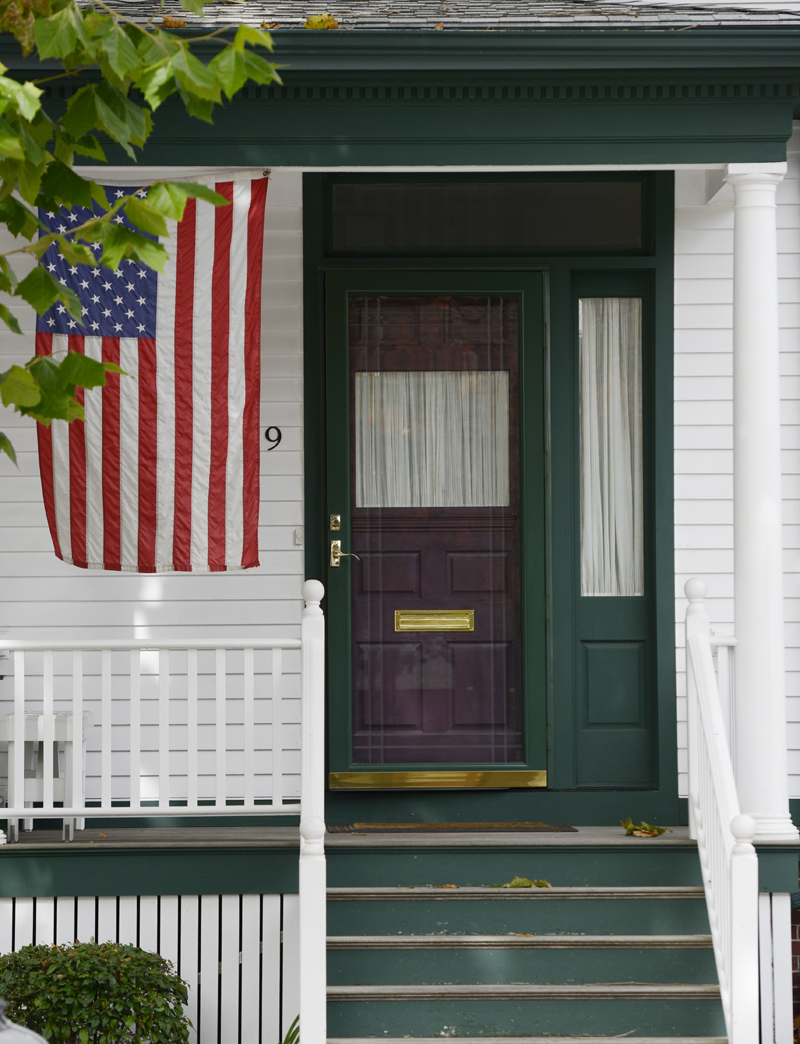
To Jacob, the sense that the West End is better defined as two neighborhoods is reinforced by the fact that it has two neighborhood associations to address the different needs of the people who live there.
Anne Pringle, president of the Western Promenade Neighborhood Association, agrees.
Her association covers a section of the West End with larger house lots. It has few rental units and is entirely residential other than Maine Medical Center at its northwestern edge. Its boundaries are the Western Promenade park on the west, Danforth Street on the south, Emery Street on the east and the western half of Brackett and Bramhall streets to the north.
Pringle lives on Neal Street, in the heart of what is now truly among the most affluent sections of the city. But when she and her husband moved to the brick house in the mid-1970s, there was a boarded-up school across the street. People were moving away, not buying up.
People asked her at the time why she wanted to live there. Now Pringle said people are more apt to ask her how she can afford to live there.
“This has over time become a very affluent neighborhood.”
“This has over time become a very affluent neighborhood,” she said.
The West End Neighborhood Association considers its boundaries to be State Street on the East, Emery Street on the West, Congress Street to the north and York Street to the south. The neighborhood’s housing is dominated by multifamily apartments and condominiums.
This section of the West End is known for its walkability. It has numerous cafes – Oh No and Omi’s on the southern end of Brackett Street, Aurora Provisions on Pine Street, and Tandem and Yordprom on Congress Street – and a neighborhood bar, Ruski’s, on Danforth. It also has popular restaurants and small groceries within strolling distance for locals.
In the neighborhood’s Western Prom section, many of the children attend the private, college preparatory Waynflete School tucked within its residential streets. The neighborhood’s other section has the public Reiche Elementary School at its heart.
Jacob, who first moved to his neighborhood in 1991, said he’s seen rents go from “dirt cheap” to now being unaffordable to the working-class people who once occupied the area.
Many corner stores, such as the former Spring Street Variety, are now closed. Jacob sees them getting replaced by high-end stores such as Rosemont Market, which is located in a new building at Brackett and Pine streets with luxury apartments above it.
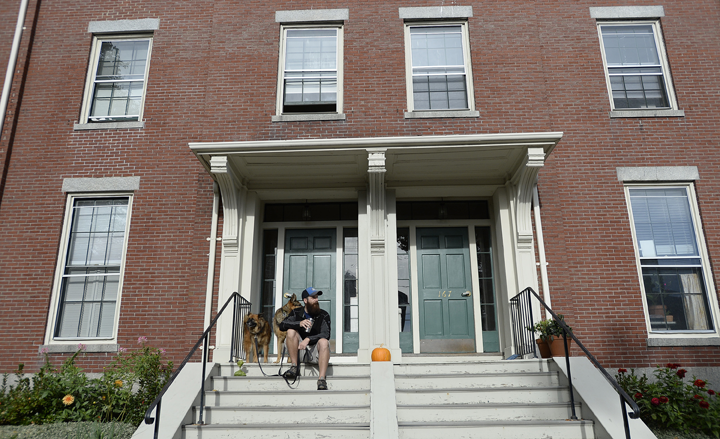
Until recently, the section of the city had two laundromats, Soap Bubble on Pine and Washboard Eco-Laundry on Danforth. But Washboard lost its lease this year because of rising rental costs, leaving those living in subsidized housing a block away without a service they relied on, Jacob said.
“If it turned out that Soap Bubble closes, the housing that will become desirable are ones with laundry on site,” he said.
While Pringle sees the top issues for the Western Promenade Neighborhood Association as preserving its residential zoning integrity, historic character and architecture, Jacob says the West End Neighborhood Association’s main concerns are keeping the remaining corner stores and local services that make it so attractive.
“I’m not saying we need to go back to that, but if we start losing all of these services, we certainly won’t be able to keep the West End as walkable and desirable as it is now,” he said. “Eventually, the people who chose to move here – the affluent or the retirees – if the trend keeps going, the things that drew them here will no longer be here.”



